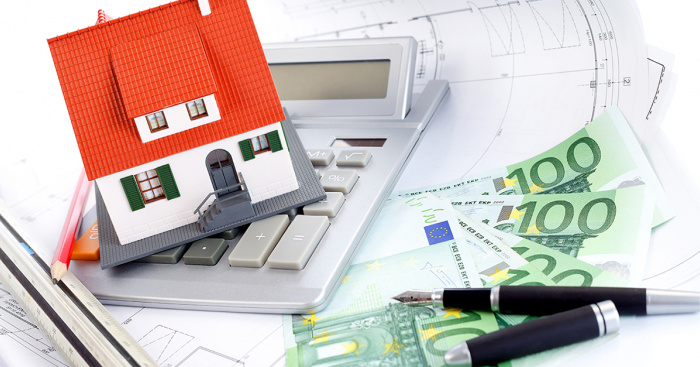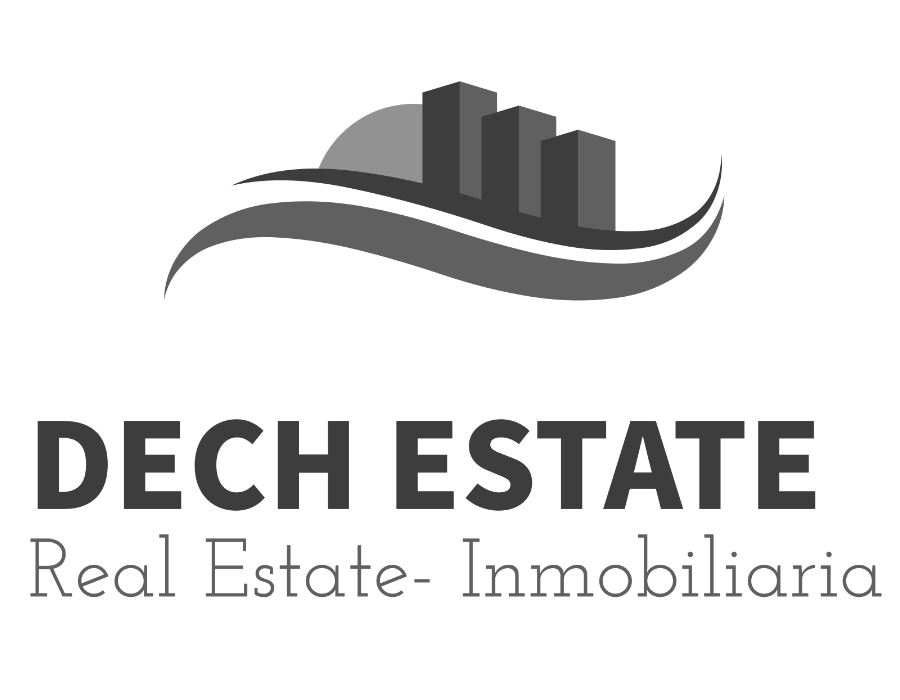
How to Buy Property in Spain
Buying property abroad is an exciting thing to do and Spain is a great place to choose. However, it is important to go about things the right way and equip yourself with as much information as possible before settling into your dream home.
One of the most valuable pieces of advice is to instruct your own independent solicitor to help you with your purchase, just as you would when buying property in the UK. The estate agent will be a valuable source of information about properties, prices and the surrounding area and will understand the buying process having been through it many times before, but they are acting for the seller and you need an experienced solicitor – who understands the language too – to act for you.
The buying process
Once you have found your property, the buying process begins with a reservation agreement. This is a contract that freezes the purchase price and takes the property off the market for, typically, 30 days with payment of a fee of between €3,000 and €12,000. The deposit is usually held by your solicitor or their agent in a client account or escrow.
Within 10 days of the reservation contract being signed, the full private purchase contract (contrato de arras) is signed between the buyer and the seller. This is similar to the exchange of contracts in the UK buying process. Within this time your solicitor must complete all searches on the property – confirming that the seller owns the property being sold, there are no mortgages or charges and that planning consents are in order.
Once both parties sign the main contract, it is binding. The contrato de arras or full private contract will usually require a deposit of 10 to 20 per cent to be paid. The buyer agrees to pay the balance of the price, and the seller (once the money has been paid) must transfer the property to the buyer. If the seller withdraws from the transaction they must return double the amount of the deposit received as compensation. If the buyer withdraws, they will lose the deposit paid.
The sale of the property is formally completed when the Escritura de Compraventa deed is signed before a public official called a Notary Public, or Notario. This will happen in their office and will be accompanied by the agreed final payment and all relevant purchase taxes. The Escritura is then submitted by the Notary to the Land Registry for registration and the property is passed to the new owner. Final registration of the title deed can take several months.
With a new build property, completion can obviously take much longer, and payments are split into stages of the build process, with the developer having to provide bank guarantees against each payment. This protects your payments in the event that the developer fails to complete the property or goes bust.
Finally, make sure you have insurance for your property, make sure all service contracts are in your name (telephone, water, electricity, etc.) and register your ownership of the property with your local Town Hall (Ayuntamiento) – all of which your lawyer or agent can help you do.
Power of Attorney
As in the UK, you can authorise someone (usually your solicitor) to act on your behalf in respect of your legal affairs in Spain. This is often prudent as travelling to Spain to sign documents can become inconvenient or mean missing an essential signing date through ill health or travel disruption. A power of attorney can be general or limited to a specific function (for example, signing the deeds (Extranjeros) to your intended property on your behalf.
NIE
You cannot buy property in Spain without a NIE number (Numero de Identificación Extranjero), which is an identity/tax number for non-Spaniards. So, apply for this as soon as you start looking for a property.
Currently, you must apply for your NIE number in person (although the rules on this tend to change from time to time; your estate agent or lawyer should help you). You get a NIE number from the Policia Nacional, who have offices in the main cities in Spain.
Taxes and fees
When you are close to finalising the exchange you will need to apply for NIE (Numero de Identidad Extranjera de Extranjeros) – your Spanish tax number. The next section of our Spanish property legal guide will explain how this is used.
The tax you pay when you buy property in Spain will normally depend on whether you are a tax resident there or not. Tax residency is determined by a number of factors, including how much time you spend in that country, whether your main home


